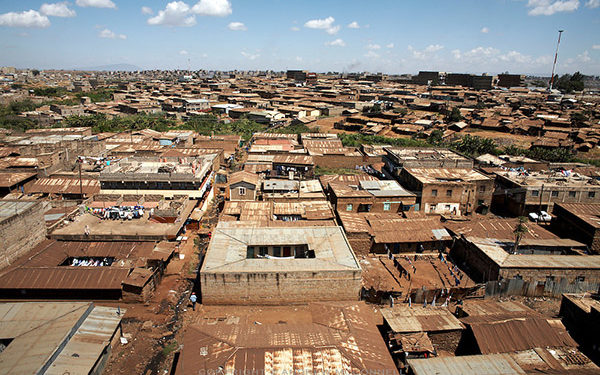CFK Africa, a nonprofit with offices in Kenya and the U.S., is using a participatory model to expand its successful programs from Kibera into 25 additional informal settlements in eight of the 47 counties across Kenya.
In 2021, after marking its 20th anniversary of transformative initiatives in Kibera, an informal settlement in Nairobi, Kenya’s capital city, CFK began the process of expanding into five more informal settlements in Nairobi County and twenty others across seven additional counties, namely Kajiado, Kiambu, Kilifi, Kisumu, Machakos, Mombasa, and Nakuru.
The expansion was driven by the nonprofit’s model of participatory development, which empowers community members to participate in the development and implementation of CFK’s programs. Ultimately, the responsibility for change, if it is to be sustainable, must be taken on by the targeted communities.
“The decision to scale CFK Africa’s interventions isn’t merely about reproducing conventional, large-scale development interventions,” said CFK Executive Director Hillary Omala. “It is a carefully considered decision based on the organization’s success and ability to lead the replication of effective, data-driven initiatives that would transform lives in informal settlements.”
Read: Portland Cement Set To Sell Land To Squatters For Ksh0.6 Million
CFK’s five-year strategic plan (2022-2026) will focus on improving public health and economic prosperity in informal settlements in the eight counties with the highest concentration of informal settlements. The interventions will directly impact 1.5 million residents of informal settlements and indirectly affect 10 million through primary healthcare and education and livelihoods initiatives.
CFK will expand primary healthcare interventions with the goal of reducing morbidity and mortality from preventable illnesses among vulnerable populations in Kenyan informal settlements. In addition, CFK is also expanding its education and livelihoods initiatives, seeking to promote an environment where every child in informal settlements will have access to quality formal education and, subsequently, acquire tools and skills for developing economic resilience. Earlier this year, the organization awarded high school scholarships to more than 70 students who were selected across all of CFK’s target counties.
“The first wealth is health, they say,” added Omala. “Once people have the resources needed to improve their health, they also need opportunities to learn and grow and the chance to build community leadership skills. Communities need to actively and sustainably access resources so they can help break the cycle of poverty and develop innovative solutions to the social and economic challenges they face.”
Email your news TIPS to editor@thesharpdaily.com














